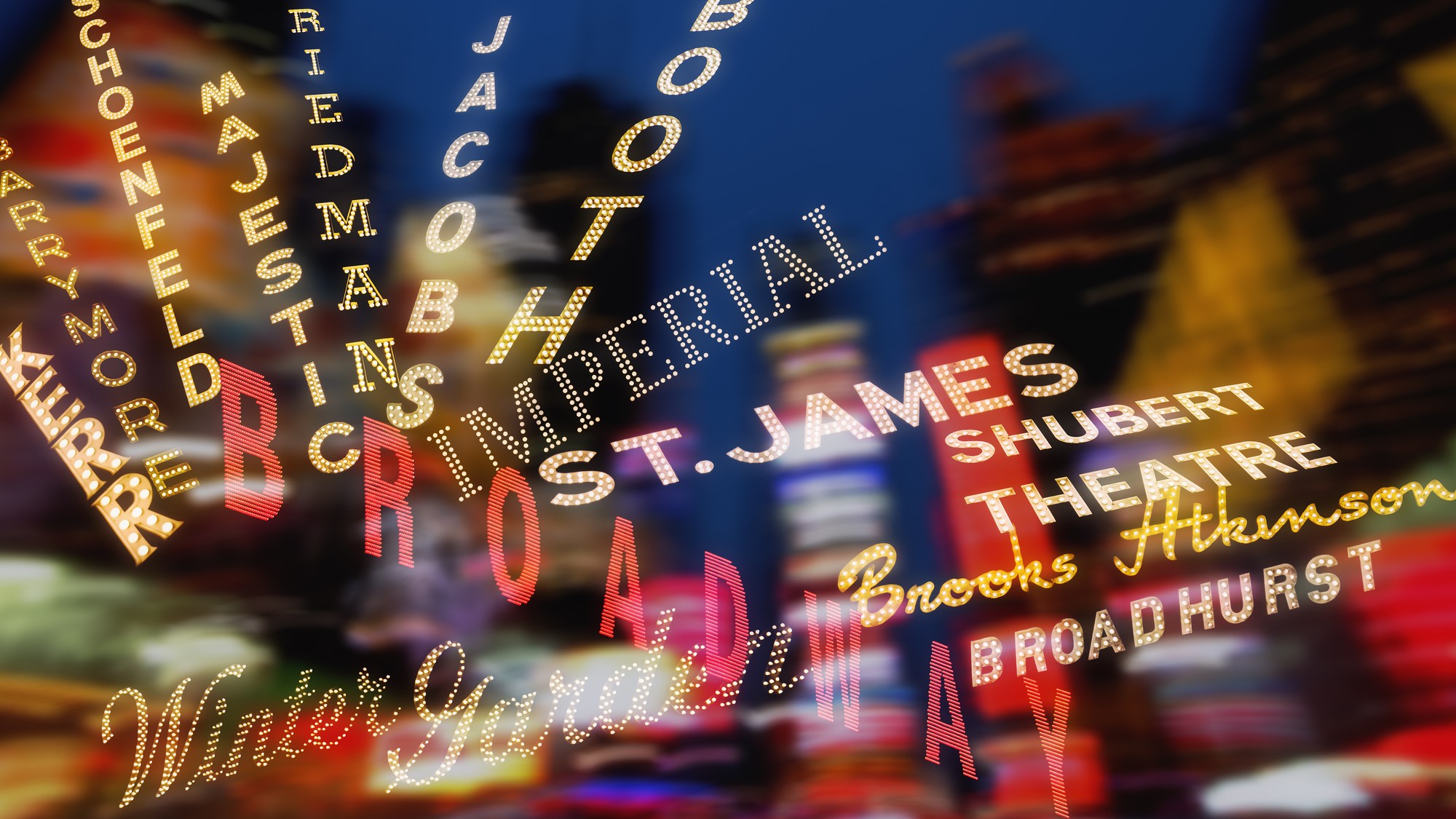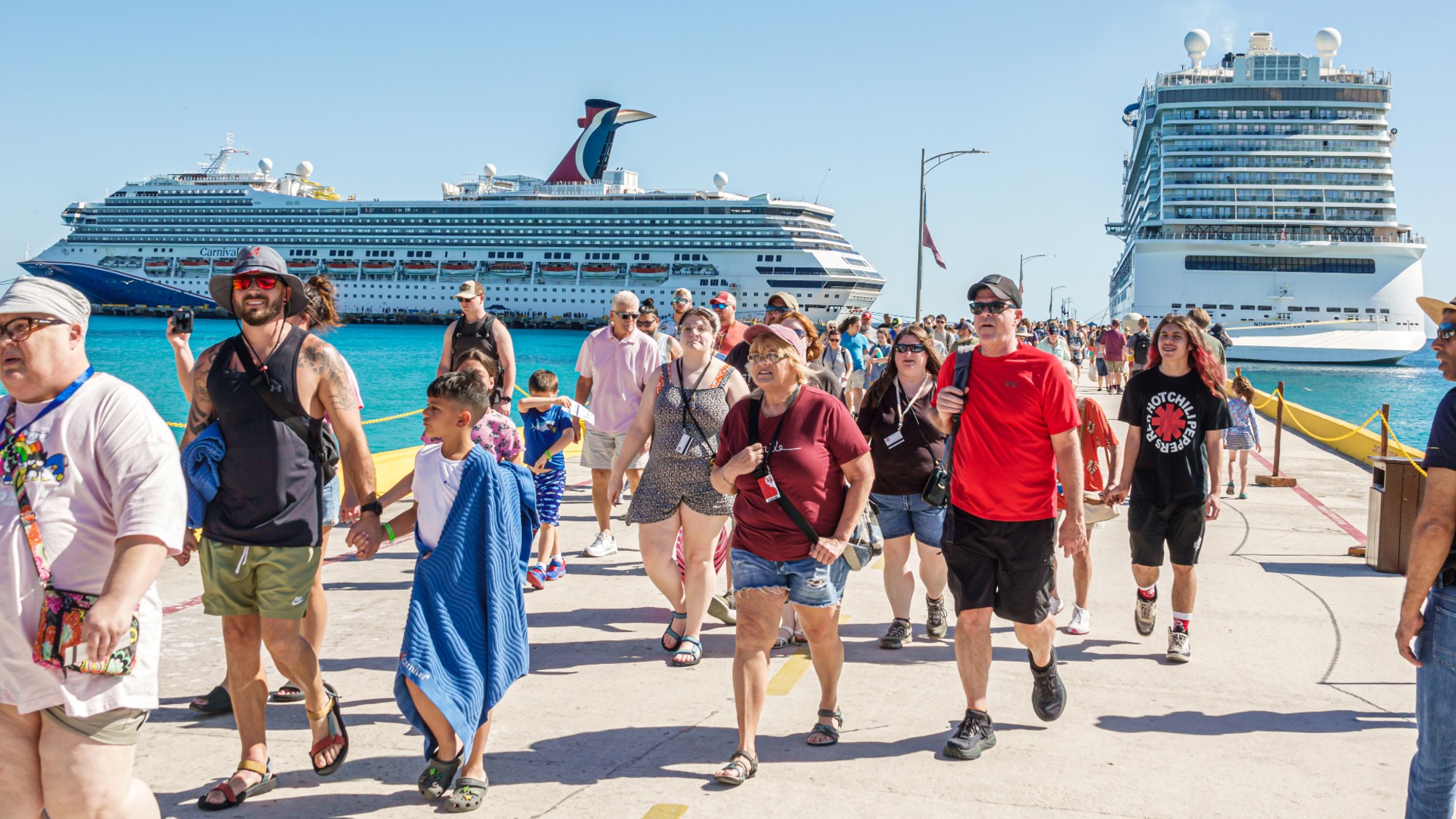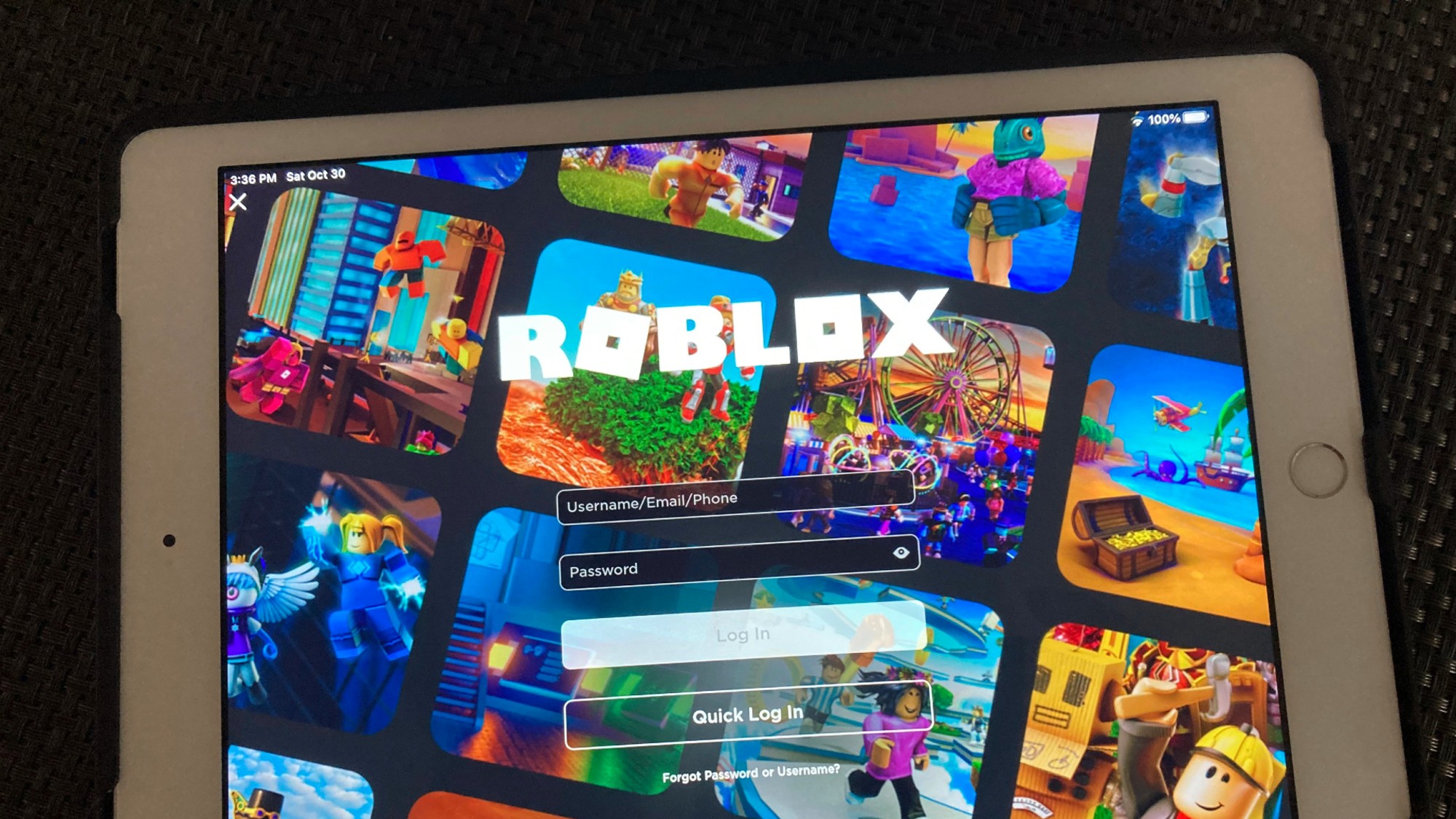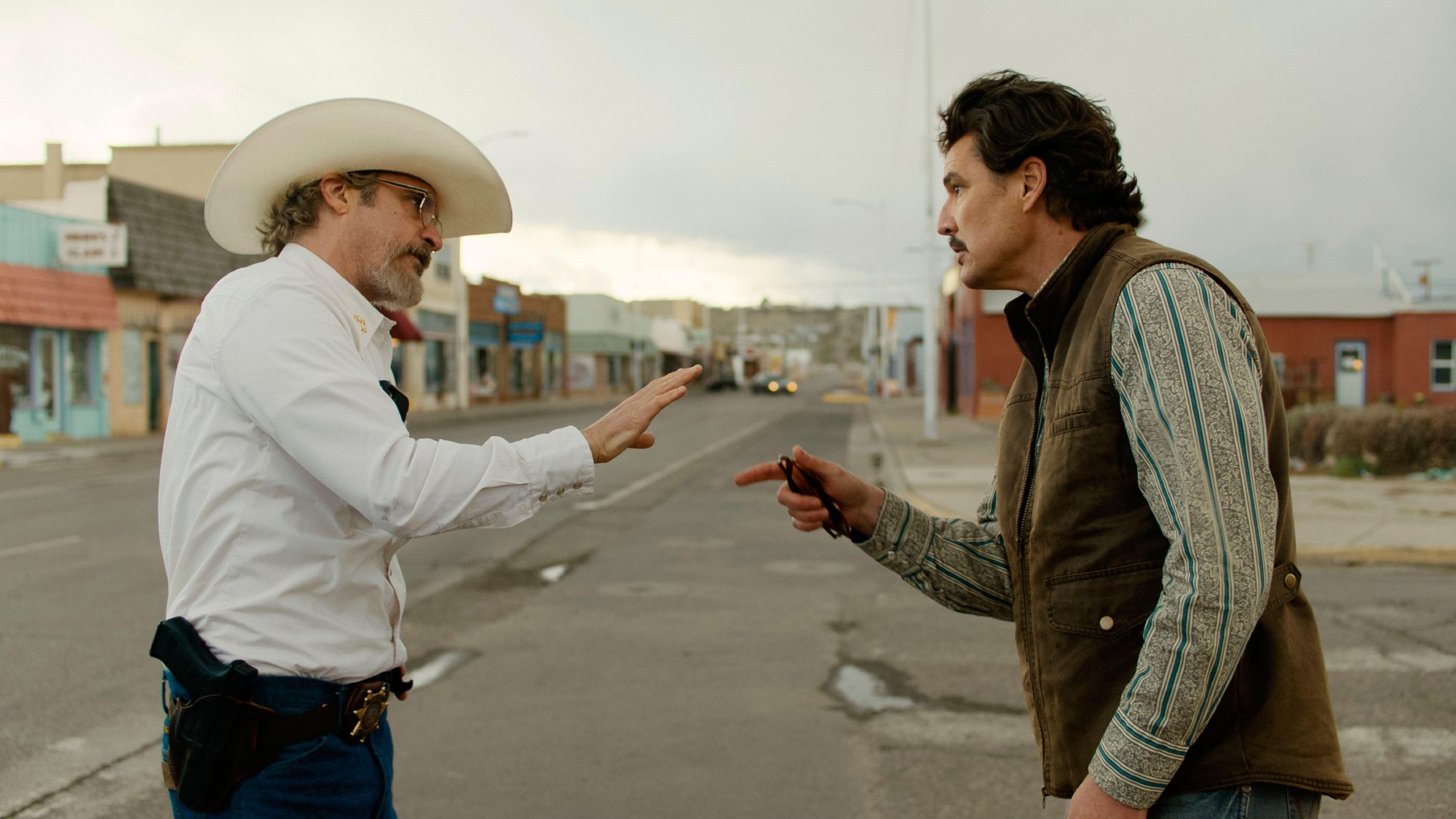The decline of festivals
The industry has faced a 'triple whammy' of Covid, Brexit and inflation, hitting both organisers and performers

A free daily email with the biggest news stories of the day – and the best features from TheWeek.com
You are now subscribed
Your newsletter sign-up was successful
More than 100 festivals are set to disappear from the UK in 2024, according to research by the Association of Independent Festivals (AIF). Among them are "familiar and longstanding names" on the UK festival scene like Barn on the Farm, Shindig and Neighbourhood Weekender, which are among the casualties to withdraw from the festival calendar this year, Music Week reported.
Even as headline-grabbing heavyweights like Glastonbury are busier than ever, smaller independent festival organisers and performers alike are struggling to make ends meet.
Why are organisers struggling?
The festival industry is in an extremely perilous state due to the "triple whammy" of Covid, Brexit and inflation, said The Guardian.
The Week
Escape your echo chamber. Get the facts behind the news, plus analysis from multiple perspectives.

Sign up for The Week's Free Newsletters
From our morning news briefing to a weekly Good News Newsletter, get the best of The Week delivered directly to your inbox.
From our morning news briefing to a weekly Good News Newsletter, get the best of The Week delivered directly to your inbox.
Perhaps the biggest issue, said Music Week, are problems with the supply chain and subsequent soaring costs. Festival organisers who were forced to sell equipment during the pandemic have, in many cases, have been forced to take out loans to buy it back. Concerns about "bad debts" have meant suppliers are increasingly insisting that organisers pay 100% of the cost up front.
The "shifting landscape" of live music since the pandemic hasn't helped, said NME. Festivals are struggling to appeal to younger generations who missed out on their first festival experience during lockdowns and are now reluctant or unable to stump up the pricey ticket costs.
Why is it getting harder for artists?
Rising costs mean performers as well as attendees are also being "priced out" of festivals, said the BBC. Comics at the Edinburgh Fringe have complained hefty accommodation costs and venue fees are blocking emerging talent from being able to participate, as they're unlikely to break even.
With total costs to take part in the Fringe amounting to anywhere between £7,000 and £22,000, reported The Guardian, artists are taking "extreme measures" to fund their shows from selling photos on OnlyFans to being infected by malaria for medical trials.
A free daily email with the biggest news stories of the day – and the best features from TheWeek.com
Others are turning down opportunities altogether; Nadine Shah opted not to play at Glastonbury this year because of the low fee and her lack of televised coverage. The Mercury-nominated singer took to X to explain her decision: "It's just a reality that playing live is super expensive and if you can justify the costs (like being on telly and having a wider reach) then sometimes you take the hit. Otherwise no, we've all bills to pay."
Is anything being done about it?
The AIF is lobbying the government for a temporary VAT cut on festival tickets from 20% to 5% for the next three years, said Music Week, and there's been a "pushback" on rising artist fees with festivals like Secret Garden Party dropping a headliner in order to support emerging talent.
Without "urgent help and investment", co-founder of Barn on the Farm Oscar Matthews told NME, only big festivals like Reading & Leeds will weather the storm, while smaller festivals will continue to postpone dates or disappear altogether.
Irenie Forshaw is the features editor at The Week, covering arts, culture and travel. She began her career in journalism at Leeds University, where she wrote for the student newspaper, The Gryphon, before working at The Guardian and The New Statesman Group. Irenie then became a senior writer at Elite Traveler, where she oversaw The Experts column.
-
 The ‘ravenous’ demand for Cornish minerals
The ‘ravenous’ demand for Cornish mineralsUnder the Radar Growing need for critical minerals to power tech has intensified ‘appetite’ for lithium, which could be a ‘huge boon’ for local economy
-
 Why are election experts taking Trump’s midterm threats seriously?
Why are election experts taking Trump’s midterm threats seriously?IN THE SPOTLIGHT As the president muses about polling place deployments and a centralized electoral system aimed at one-party control, lawmakers are taking this administration at its word
-
 ‘Restaurateurs have become millionaires’
‘Restaurateurs have become millionaires’Instant Opinion Opinion, comment and editorials of the day
-
 Quiet divorce is sneaking up on older couples
Quiet divorce is sneaking up on older couplesThe explainer Checking out; not blowing up
-
 Admin night: the TikTok trend turning paperwork into a party
Admin night: the TikTok trend turning paperwork into a partyThe Explainer Grab your friends and make a night of tackling the most boring tasks
-
 More than a zipper: Young Black men embrace the ‘quarter-zip movement’
More than a zipper: Young Black men embrace the ‘quarter-zip movement’The Explainer More than a zipper: Young Black men embrace the ‘quarter-zip movement‘
-
 Broadway actors and musicians are on the brink of a strike
Broadway actors and musicians are on the brink of a strikeThe explainer The show, it turns out, may not go on
-
 Trouble on the seas as cruise ship crime rates rise
Trouble on the seas as cruise ship crime rates riseThe Explainer Crimes on ships reached nearly a two-year high in 2025
-
 Smart glasses and unlocking ‘superintelligence’
Smart glasses and unlocking ‘superintelligence’The Explainer Meta unveiled a new model of AI smart glasses this week, with some features appearing ‘unfinished’ at a less-than-perfect launch
-
 Roblox, one of the world's most popular video games, has become a bastion of hate speech
Roblox, one of the world's most popular video games, has become a bastion of hate speechThe Explainer The platform has over 111 million daily users
-
 Ari Aster revisits the pandemic, Adam Sandler tees off again and Lamb Chop gets an origin story in July movies
Ari Aster revisits the pandemic, Adam Sandler tees off again and Lamb Chop gets an origin story in July moviesthe week recommends The month's film releases include 'Eddington,' 'Happy Gilmore 2' and 'Shari & Lamb Chop'